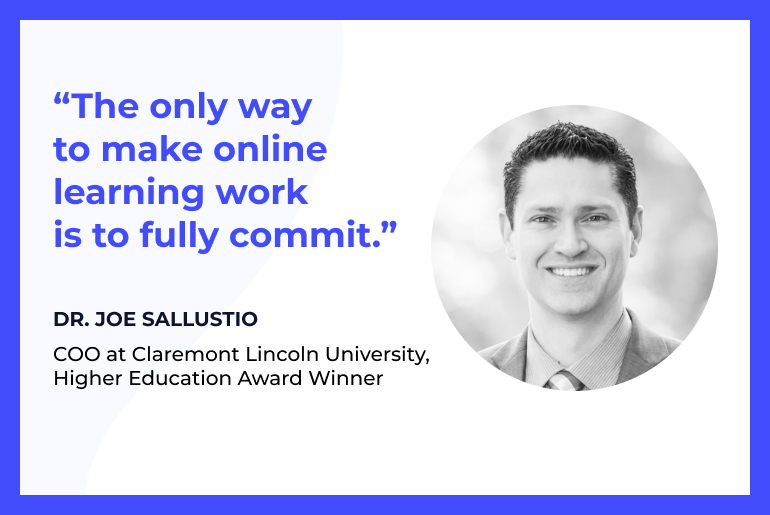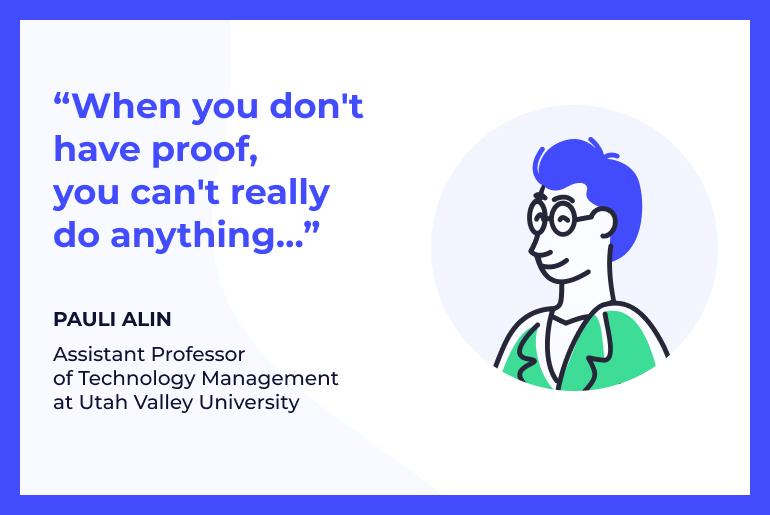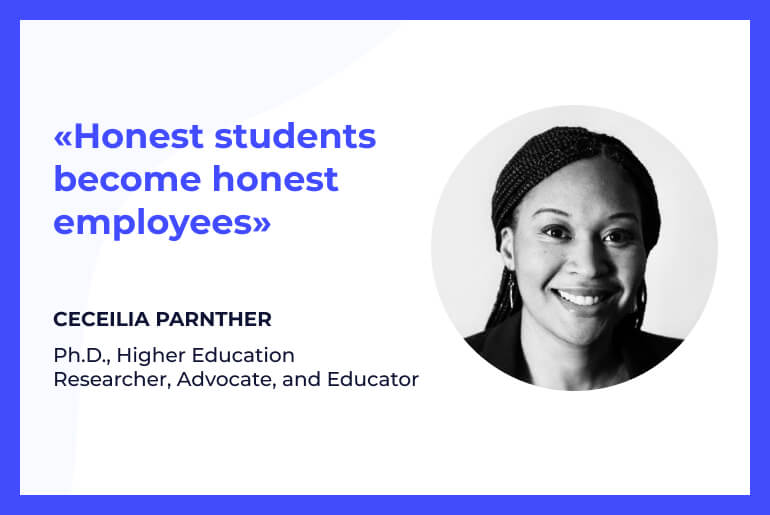Science, medicine, education, and culture form the backbone of every nation and state. As fractures occur here or there, we must be prepared to struggle and fix them.
The issues with higher education enrollment and traditional vs. online education are resurfacing. The current reality has unveiled all the malfunctions that somehow worked in face-to-face classes, and they have now transformed into enormous roadblocks after institutions have switched to online learning.
Today, students are showing less trust in education, and this hasn’t happened overnight, of course. Most of them are searching for online education, but they are not as much interested in obtaining online degrees.








